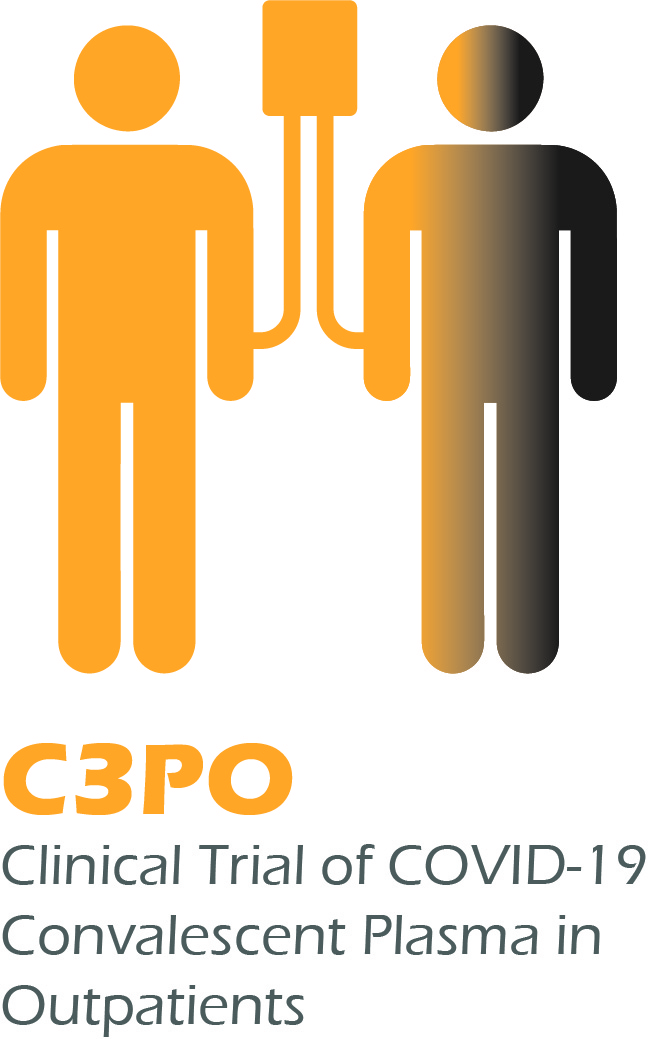SIREN NORCARES Research Studies
Discover the groundbreaking investigations being conducted by our clinical research consortium, covering a diverse range of therapeutic areas and patient populations. Stay informed about ongoing studies and delve into the outcomes and findings of our completed research, contributing to advancements in medical knowledge and patient care.

Neurological death and disability are common outcomes in survivors of cardiac arrest. Therapeutic cooling of comatose patients resuscitated from shockable rhythms significantly increases the rate of good neurological outcomes. However, poor outcomes still occur in up to 50% of these patients, and the benefit of cooling in those resuscitated from asystole and pulseless electrical activity has not been demonstrated in a randomized study.
The Influence of Cooling Duration on Efficacy in Cardiac Arrest Patients (ICECAP) study will enroll comatose adult survivors of out-of-hospital cardiac arrest who have already been rapidly cooled using a definitive temperature control method. Both patients with and without initial shockable rhythms will be studied as distinct populations, with a maximum of 1,800 subjects over four years. ICECAP aims to determine if identifying an optimal duration of cooling can improve outcomes and if developing a duration-response curve can substantiate efficacy in a broader patient population.
 Many patients now survive out-of-hospital cardiac arrest (OHCA), but gaps in knowledge about long-term outcomes hinder effective recovery care. Recovery, defined as significant improvements in functional and cognitive outcomes and health-related quality of life, enables OHCA survivors to return to work and social roles. Previous studies on OHCA recovery are small, single-center, and short-term. Identifying long-term recovery patterns and predicting the need for intensive support can improve targeted interventions.
Many patients now survive out-of-hospital cardiac arrest (OHCA), but gaps in knowledge about long-term outcomes hinder effective recovery care. Recovery, defined as significant improvements in functional and cognitive outcomes and health-related quality of life, enables OHCA survivors to return to work and social roles. Previous studies on OHCA recovery are small, single-center, and short-term. Identifying long-term recovery patterns and predicting the need for intensive support can improve targeted interventions.
This study will focus on OHCA survivorship, aiming to find empirical targets for recovery. The ancillary study, “Patterns Of Survivors’ Recovery Trajectories in the ICECAP trial (POST-ICECAP),” will be conducted alongside the ICECAP trial within the NIH emergency care trials network. It will track recovery in a large, diverse cohort of 1,000 US OHCA patients screened for ICECAP and surviving to hospital discharge. The study includes telephone follow-ups at 6 and 9 months and an in-person visit at 12 months, in addition to the ICECAP trial's 1- and 3-month follow-ups.

This multicenter trial aims to establish the efficacy of therapeutic cooling and determine the optimal duration of induced hypothermia for neuroprotection in pediatric comatose survivors of cardiac arrest. The study team hypothesizes that longer durations of cooling may increase the proportion of children achieving good neurobehavioral recovery or enhance recovery among those already categorized as having a good outcome. By refining treatment protocols, the trial seeks to improve the quality of life for pediatric cardiac arrest survivors.
Participants will include children who have survived cardiac arrest and are comatose, treated at multiple medical centers. The trial will involve monitoring and adjusting the duration of induced hypothermia to identify the most effective cooling period for neuroprotection. Outcomes will be measured through comprehensive neurobehavioral assessments and clinical evaluations, aiming to gather robust data to inform clinical practice and improve long-term outcomes for pediatric cardiac arrest survivors on a larger scale.
PREcision Care In Cardiac ArrEst - ICECAP (PRECICECAP)

Most trials in critical care have been neutral, partly because the heterogeneity among patients means not all individuals respond identically to the same treatment. This variability poses a significant challenge in identifying universally effective interventions. The PREcision Care In Cardiac arrest – ICECAP (PRECICECAP) study seeks to address this issue by leveraging advanced machine learning techniques. By analyzing high-resolution, multimodal data collected from patients resuscitated from out-of-hospital cardiac arrest (OHCA), the study aims to tailor treatments more precisely to individual patient needs, thereby enhancing overall efficacy.
The PRECICECAP study's primary goal is to discover novel biomarker signatures that can predict the optimal duration of therapeutic hypothermia and 90-day functional outcomes. By integrating various data sources, including physiological measurements, laboratory results, and imaging data, the study will develop predictive models that can guide personalized treatment plans. This approach has the potential to revolutionize critical care by moving away from a one-size-fits-all methodology and towards precision medicine, ultimately improving outcomes for OHCA survivors.

Traumatic brain injury (TBI) is a major cause of death and disability in developed societies. Every year, approximately 3.5 million Americans sustain a TBI, resulting in 50,000 deaths and 300,000 hospitalizations. BOOST3 is a randomized clinical trial designed to determine the comparative effectiveness of two strategies for monitoring and treating patients with TBI in the intensive care unit (ICU). The study will assess the safety and efficacy of a strategy guided by treatment goals based on both intracranial pressure (ICP) and brain tissue oxygen (PbtO2) compared to a strategy guided by ICP monitoring alone. Both strategies are currently used in standard care, but it remains unknown if one is more effective than the other.
In both strategies, monitoring and treatment goals help doctors adjust various aspects of patient care, including medication types and dosages, intravenous fluid amounts, ventilator settings, and the need for blood transfusions. The results of this study will provide critical insights into whether one method is safer and more effective, ultimately helping doctors improve treatment outcomes for patients with TBI.

The Clinical Trial of COVID-19 Convalescent Plasma in Outpatients (C3PO) is a phase III trial designed to assess the safety and efficacy of a single dose of convalescent plasma (CP) in preventing mild COVID-19 cases from progressing to severe illness. COVID-19, caused by SARS-CoV-2, has caused a global pandemic with millions of cases and significant mortality. While most cases are mild, a notable percentage advance to severe or critical conditions with high fatality rates. CP, containing neutralizing antibodies from recovered donors, has been utilized in past respiratory outbreaks, yet its effectiveness lacks confirmation through clinical trials. This trial aims to determine whether passive immunization with CP can serve as a dependable therapy to prevent severe COVID-19, while also investigating the immune response kinetics post-treatment.
The primary goal of the C3PO trial is to establish the safety and efficacy of CP in halting the progression of mild COVID-19 cases to severe illness. By harnessing neutralizing antibodies from recovered donors, CP offers a potential therapeutic avenue against the disease's severe manifestations. Given the ongoing global impact of COVID-19, understanding the immunological response following CP treatment is crucial for informing future treatment protocols and public health strategies.
